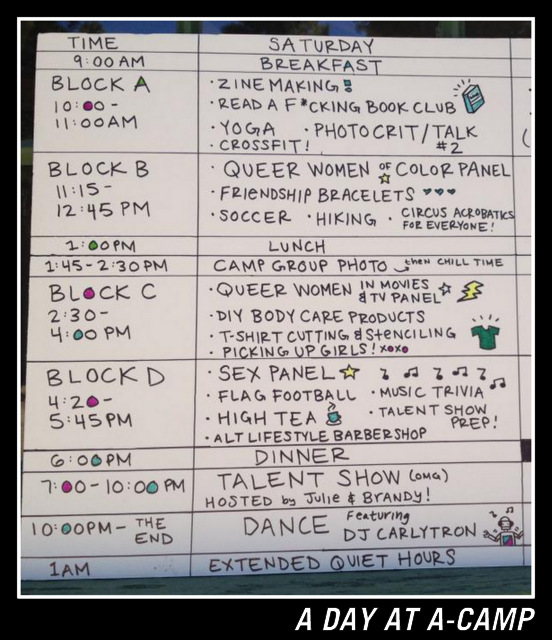I recently came across this post on Life on the Swingset, and then J saw this one. Both deal with the ideas of sacred sexuality and spiritual sex.
The first post is basically a rant- the author is frustrated that within the alternative sexualities community, and that even within the sacred sexuality community, people refer to sacred sexuality practices as "woo woo."
"So when you reduce what we they do, arts of many different wondrous varieties, down to this ONE derogatory term, does no one realize how much it devalues what they HAVE done, are doing, and hope to continue to do for sex positivity and sacred sexuality in the future? And it’s happening publicly on a massive scale, in front of listeners who are looking for authorities on what is worth trying or not. That’s not being sex positive and GGG to me, my fellow sex travelers."I understand her complaint; I have also complained about folks in the alternative sexualities community "othering" one another. And even I used "woo woo" in my post a few weeks ago about Reid Mihalko's tantra workshop. I understand why she is offended by the term, when it feels demeaning or belittling to practices that have been an integral part of her expression of sexuality, love, and relationships.
The second post was really cool to read- the author connects her experience delving into the world of Unitarian Universalism with her experience swinging. She uses some of the UU principles, like recognizing the inherent worth and dignity of every person, and letting each person discover their own path of truth of meaning, to describe her revelations at a recent swing party. Her big light bulb thought: "As I listened to the minister– the earnest and thoughtful minister– an epiphany hit me: swinging can be a path to discovering not only my own sexuality, but it can also be a model for how I want to interact with all people." I think that line of thought is exemplary. I have typically used other models, frameworks, and theories to guide my behavior in my open/poly journey (for example, the evolutionary psych stuff in Sex at Dawn or Taormino's or Labriola's frameworks for creating an open relationship), which would be analogous to the author of this post using UU principles to guide the way she treats play partners. Instead, she identifies swinging as the model which can direct her future interpersonal behavior, with not just other swingers, but with her broader community. I think it's pretty neat!





